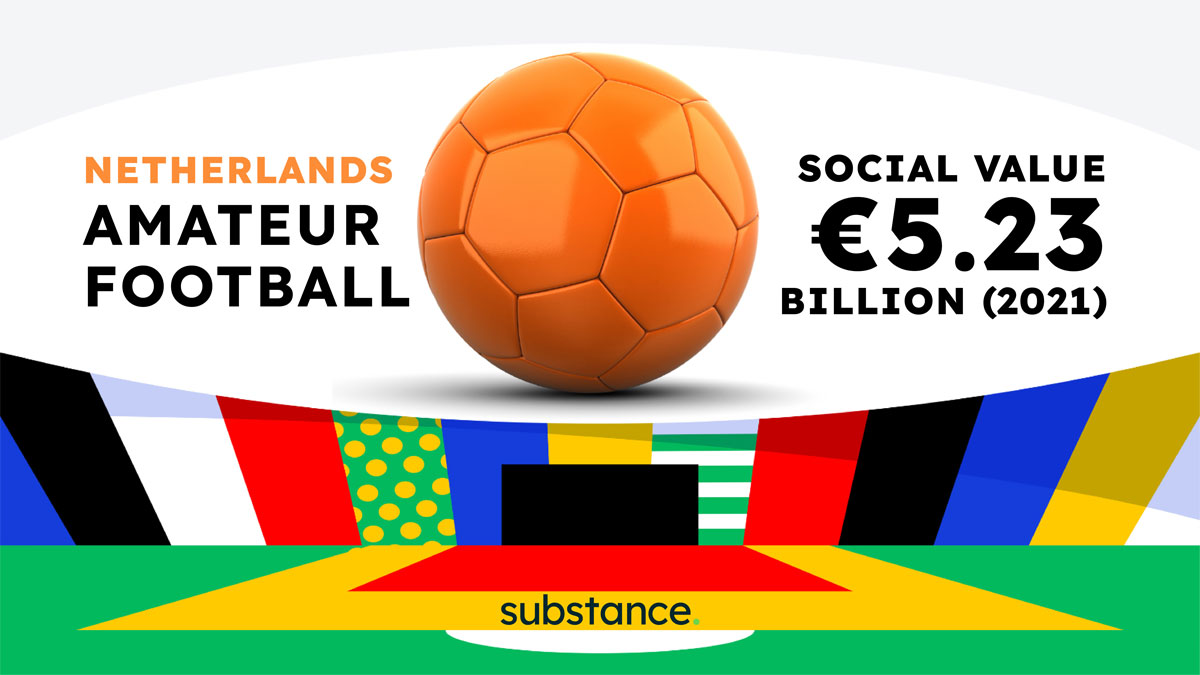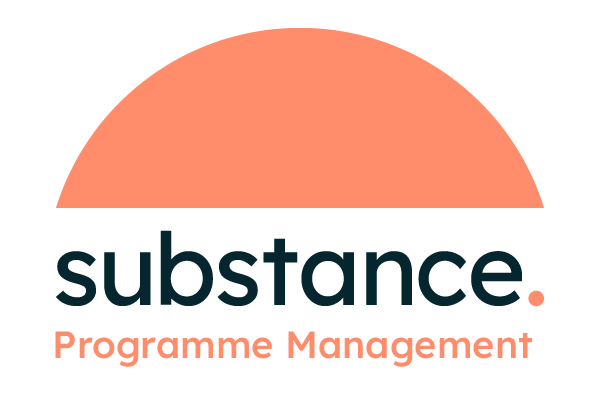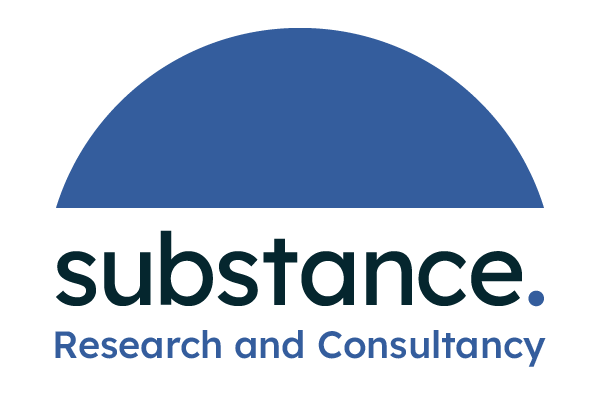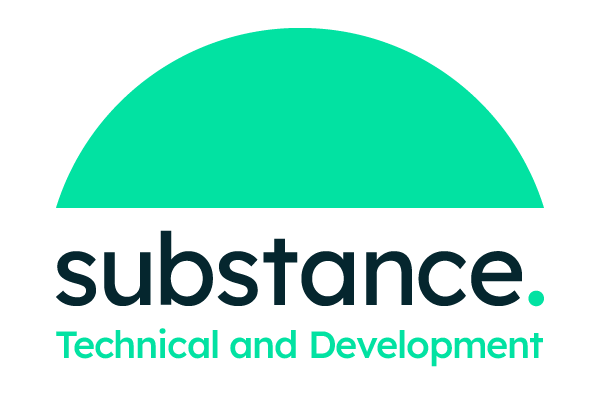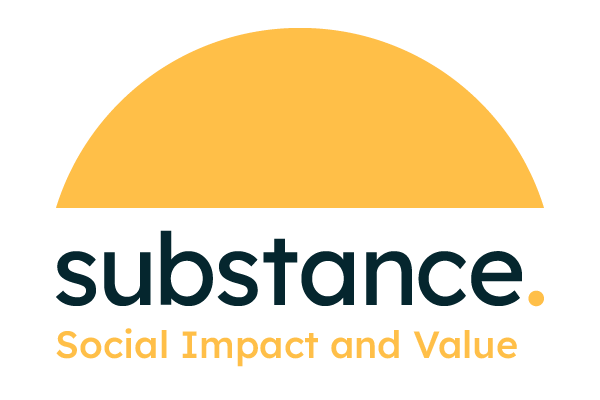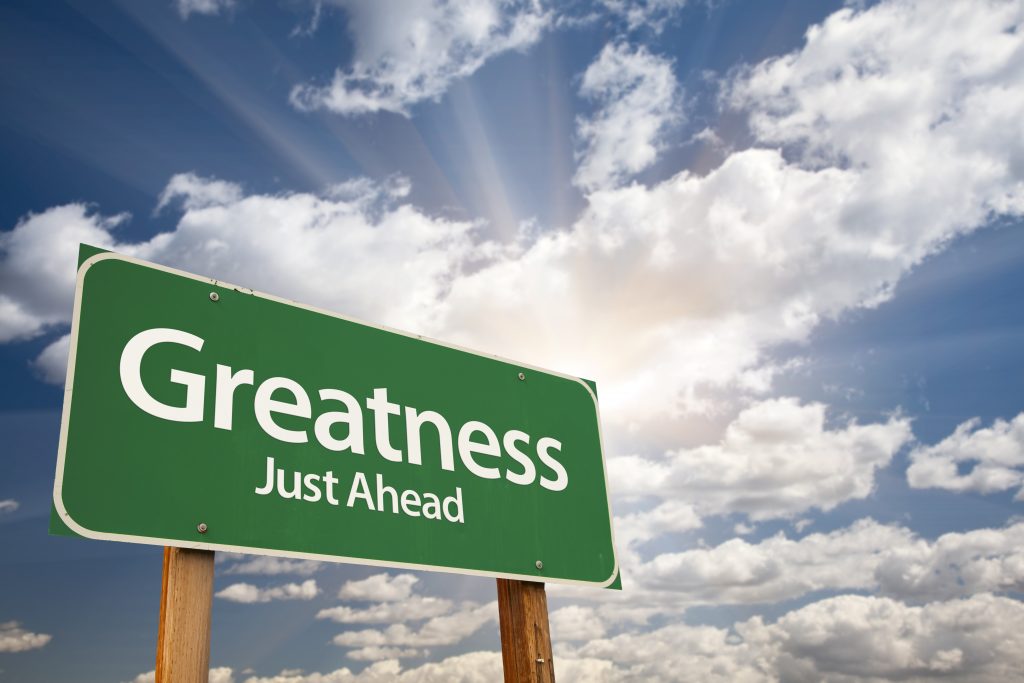
Over the last ten years an increasing number of organisations have asked Substance to analyse their Views data so they can have a better understanding of whether their programmes are reaching the ‘right’ people, sustaining their involvement and making an impact. Not surprising giving the amount of effort front line staff are putting into generating the data and the pressures on managers to report and communicate this both internally and externally.
Lat year though we had a different kind of request from Steve Bradshaw, CEO at the Millwall Football Club Community Sports Trust. He wanted to know how good other organisations delivering similar programmes of work were, so he could be confident that they were on a par with the majority. Once he was armed with this information, he would then be in a position to develop a strategy which would take the organisation on a journey, via the staging post of ‘Good’ if it wasn’t there already, towards the destination of ‘Great’.
So, he might just have kicked off the idea of Competitive or Dynamic Benchmarking in the sector. That is the continuous process of comparing his organisation’s practices, programmes and performance with that of other similar Sport for Development agencies across the UK.
If it was going to work, he knew every single member of staff at the Trust needed to be involved in the process right from the start. They needed to agree what ‘Great’ looked like for the programmes they were responsible for managing and delivering. Given staff had different motivations, skills and interests and length of service, ranging from two weeks to twenty-five years, it wasn’t surprising that success meant different things to different people. For some, it meant developing girls to national football team standard or making sure enough young men made the transition to the Millwall Football Club Academy. For others, success was an improvement in the communication skills or social interaction of young people who had left school with no or few qualifications, or even better the number who then went on to secure a University place or work placement. For someone else it meant a reduction in the stress levels of the carers attending activities with relatives suffering with dementia. Everyone agreed though that most participants (and volunteers) should be recruited locally and that they should be retained for ‘sufficient’ time to increase the chances of achieving good outcomes. What constituted sufficient time depended of course on the type of programme they were engaged with.
At the end of this process Millwall settled on 26 measures across 10 programmes of work, which they believed defined where each programme ranked on a continuum of Poor, Okay, Good and Great. Our job over the last few months has been to identify where we think best practice across the UK is, by analysing data from over 600 organisations who use Views and to compare this will Millwall’s work. Where the programmes were ‘unique’ to Millwall, we stress tested their assumptions with others in the sport and youth sectors who had experience of managing ‘similar’ programmes.
When we share these findings with the Millwall staff team next month through a dynamic Organisational and Programme Dashboard, we believe it will do three things:
- Firstly, it will improve data collection, as it is ultimately the data which determines the rating of each programme and the organisation’s overall score. As the staff themselves have decided on how their work should be assessed, it is more likely that they will take ownership of ensuring it finds its way onto Views.
- Secondly, as the process encourages competition, we believe it will lead to innovation and improvement. We know that great practice exists, but not everywhere and not all the time. Innovation and marginal gains are critical, especially as the sector gets more crowded. Organisations don’t improve just by doing what everyone else does.
- Thirdly, it will help direct attention and resources at those things that aren’t working, either improving them so they reach an acceptable threshold or stopping them and focusing on something else.
These three things combined will almost certainly lead to better outcomes for the local people who engage with their programmes.
Millwall’s commitment to competitive benchmarking will also ensure that when someone somewhere does something that takes the sector a small step forward, they will be well placed to respond and continue their journey to what might be a new destination for Great.
If you would like to discuss how Substance can help benchmark your programmes and organisation email: info@substance.net

